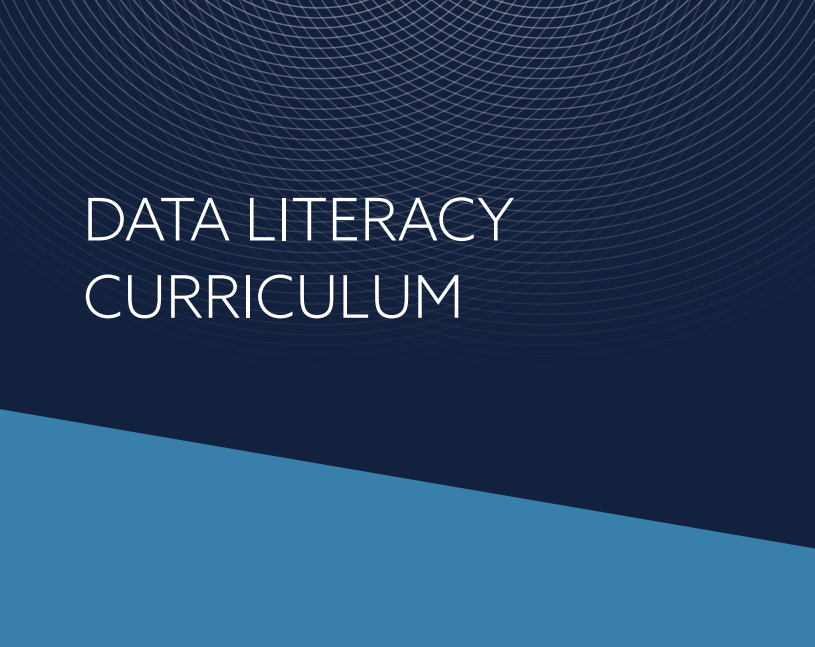
Data literacy is increasingly important for democracy activists seeking to advance good governance and create democratic societies that are more open, accountable, and resilient. Yet low levels of data literacy act as a barrier to accessing and using data worldwide, even as citizens and civil society organizations move from passive data consumers to active producers of data, assisted by the rise of new technologies that have significantly reduced the cost, time, and effort involved in producing data. The lack of data literacy among democracy activists and practitioners therefore represents a concerning skills gap that hinders local actors’ ability to advance democracy and governance efforts and activism.
To address this skills gap, IRI has developed a Data Literacy Curriculum tailored to the needs of democracy activists. With funding from the National Endowment for Democracy (NED), and in partnership with the Open Knowledge Foundation, the curriculum was piloted, tested, and revised over the course of the “Data for Democracy” program, which provided training on data skills to a cohort of democracy activists from around the world.
IRI is pleased to make the finalized curriculum publicly available to assist the future work of democracy and governance practitioners. The curriculum is divided into two broad sections. First, a foundational curriculum covers the basics of data literacy, with modules on how to acquire, process, verify, analyze, and present data. The second section focuses on modules that address using geographical data, how to create spreadsheets, and effectively use data to evaluate a project. Given its modular design, the curriculum is designed to be scalable and easy to tailor to specific needs.
Top